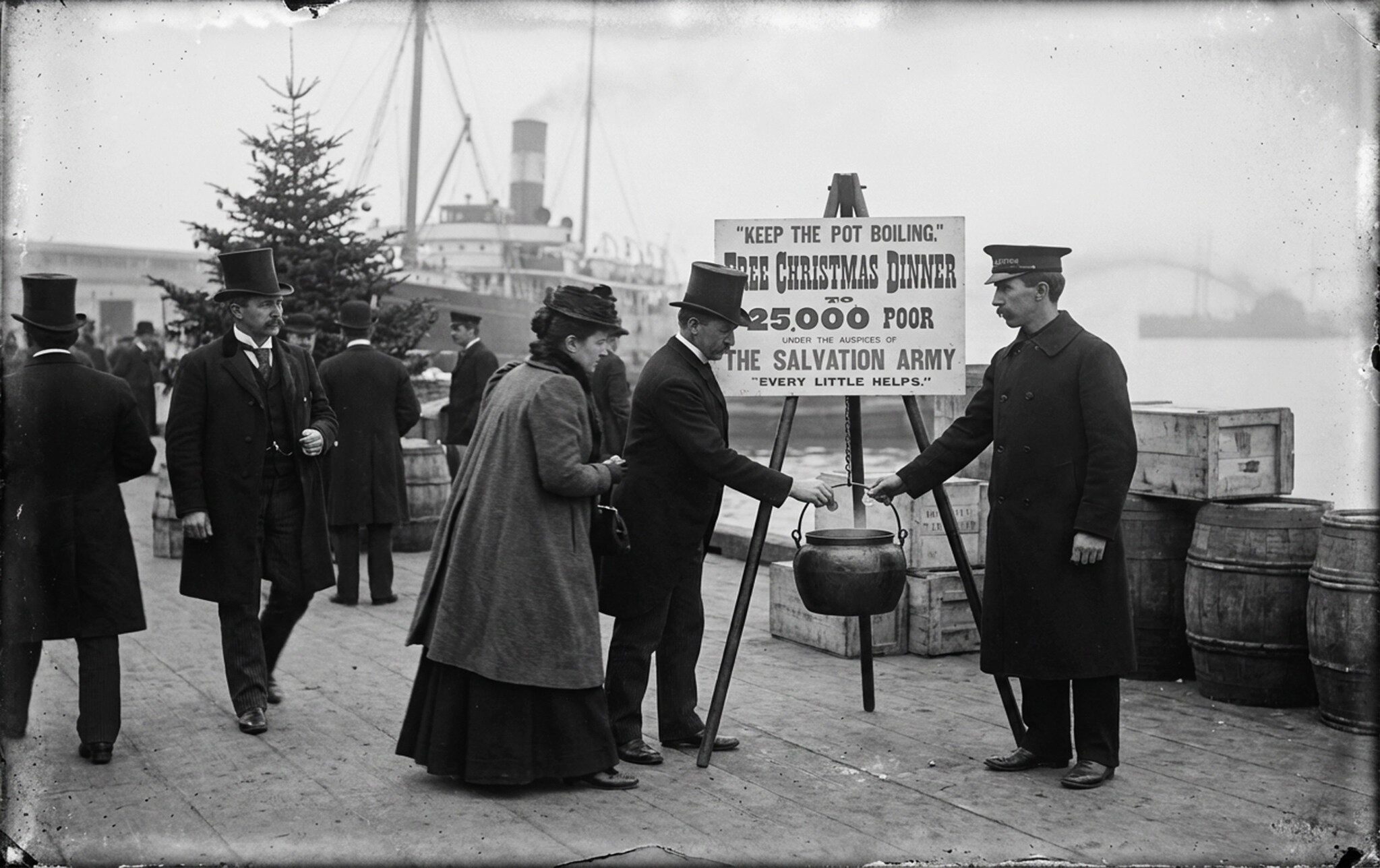After nearly a decade of experience managing marketing and advertising projects, I can tell you that communication projects are set to succeed or fail long before the final work is delivered. In fact, it starts before proposals are even submitted.
While an experienced and qualified vendor will always help you through your process, if you don't have some basic things in place before you start requesting proposals, you're more than likely setting yourself up for a failure or at the very best, a bumbling and messy win.
Here are 6 things that you could do very early in your process to help ensure your best chance at a project win:
- Single Point of Contact
Trying to manage a project with multiple people at the helm is a nightmare. There should be a single person who can relay information, rally, and at times corral the project team and any involved outsourcers. - Empowered Point of Contact
The person you have in place as the lead on the project HAS TO be empowered in their role. They have to have the confidence of the project team and corporate leadership that they will do their job. If they don't, the obvious question is why were they chosen in the first place? - Knowledgeable Point of Contact
The person you put in charge of the project HAS TO know about the project you are running. A vendor will always do their best to ask all the right questions, but when their experience and knowledge is coupled with that of a capable internal project manager, an incredibly powerful team is formed. On a number of occasions, I have had the opportunity to work with strong project managers who led their team well and understood the mediums enough to provide excellent feedback and direction. Every one of those projects resulted in a win. - Have Goals
More than anything else, project goals are the most important thing you could establish early in your project process. Going to a branding or advertising agency and asking them to do a postcard or a website means that you've skipped past the goals and decided on what the right solution is. Establishing and communicating the goals allows the vendor to get in on the ground floor and help you choose the right medium that will help you reach your goal. - Clear, Measurable Goals
"We want to increase sales" sounds good, but it's not really helpful. We want to increase sales 5% is better. We want to increase sales 5% in our local market is even better. The more specific you can be, the easier it is to develop, execute and have accountability on a goal. It also allows that goal to be helpful in decision-making through the process. - Attainable Goals
Pushing people to achieve beyond what they expect of themselves is good - that's the basis of good vision casting for your organization and people. But setting unattainable goals does the exact opposite because it never allows the person to get a win and as a result it's demotivating. The same thing goes for any project you undertake. Unrealistic goals don't serve any purpose other than to discourage and create an environment of failure. Sadly, that kind of failure tends to fall more on the people asked to meet the unrealistic goals than those who set them. Avoid this mistake with great diligence.
Note: If these seem basic or obvious, then why do so many organizations get them wrong? Obvious doesn't always translate to easy or consistent application.





